The Science Behind Egg Quality

In the journey to parenthood, few factors are as central and as misunderstood as egg quality. While the number of eggs (ovarian reserve) often gets attention, it’s the quality of those eggs that plays a more critical role in achieving a healthy pregnancy.
In the journey to parenthood, few factors are as central and as misunderstood as egg quality. While the number of eggs (ovarian reserve) often gets attention, it’s the quality of those eggs that plays a more critical role in achieving a healthy pregnancy. At Reproductive Centers of America (RCA), we take a deeply scientific and individualized approach to helping patients understand, support, and optimize egg quality.
What Is Egg Quality?
Egg quality refers to an egg’s genetic and cellular health, particularly its ability to mature properly, fertilize with sperm, and develop into a chromosomally normal embryo. A high-quality egg has the right number of chromosomes and the cellular structure needed to support early embryonic development.
Poor egg quality, on the other hand, often results in:
- Failed fertilization
- Embryo arrest (where development stops)
- Miscarriage
- Failed implantation
Age and Egg Quality
One of the most well-established scientific truths in reproductive medicine is that egg quality declines with age. Women are born with all the eggs they will ever have, and over time, both quantity and quality decrease.
- In your 20s: Most eggs are chromosomally normal
- In your early 30s: Slight decline begins
- By age 35: Quality and quantity begin to drop more significantly
- By 40: Over 75% of eggs may be chromosomally abnormal
This doesn’t mean pregnancy isn’t possible in your late 30s or 40s—it just means it may take longer, require more medical support, or involve third-party reproduction options.
Can Egg Quality Be Tested?
There is no direct test for egg quality, but we can infer it based on:
- Age (the most reliable predictor)
- Fertility history (past IVF cycles, miscarriages, etc.)
- Embryo development patterns
- Genetic testing (PGT-A): Chromosomal screening of embryos can indirectly reflect egg quality
Can Egg Quality Be Improved?
While age-related decline is natural, certain lifestyle and medical factors can influence egg health:
1. Antioxidants & Supplements
Oxidative stress damages egg cells. Supplements like CoQ10, vitamin D, and myo-inositol may support mitochondrial and cellular function.
2. Nutrition
A Mediterranean-style diet rich in whole foods, healthy fats, and leafy greens supports hormonal balance and reduces inflammation.
3. Sleep & Stress
Chronic stress and poor sleep disrupt hormone production. Lowering cortisol supports reproductive hormone regulation.
4. Avoid Toxins
Limit exposure to endocrine disruptors (like BPA, phthalates, and certain pesticides), which can impair egg quality.
5. Medical Optimization
In cases of PCOS, thyroid dysfunction, or endometriosis, medical management can help restore a more balanced reproductive environment.
Egg Freezing & Quality Preservation
For those who want to delay parenthood, egg freezing offers a proactive option. The younger you are when you freeze your eggs, the higher the proportion of chromosomally normal eggs you preserve.
At RCA, we offer individualized egg freezing plans using the latest vitrification technology and full-cycle support.
Egg quality isn’t just about age—it’s about biology, environment, and care.
And at RCA, we bring all of that into focus with compassionate, high-tech, personalized support.
What Is Egg Quality?
Egg quality refers to an egg’s genetic and cellular health, particularly its ability to mature properly, fertilize with sperm, and develop into a chromosomally normal embryo. A high-quality egg has the right number of chromosomes and the cellular structure needed to support early embryonic development.
Poor egg quality, on the other hand, often results in:
- Failed fertilization
- Embryo arrest (where development stops)
- Miscarriage
- Failed implantation
Age and Egg Quality
One of the most well-established scientific truths in reproductive medicine is that egg quality declines with age. Women are born with all the eggs they will ever have, and over time, both quantity and quality decrease.
- In your 20s: Most eggs are chromosomally normal
- In your early 30s: Slight decline begins
- By age 35: Quality and quantity begin to drop more significantly
- By 40: Over 75% of eggs may be chromosomally abnormal
This doesn’t mean pregnancy isn’t possible in your late 30s or 40s—it just means it may take longer, require more medical support, or involve third-party reproduction options.
Can Egg Quality Be Tested?
There is no direct test for egg quality, but we can infer it based on:
- Age (the most reliable predictor)
- Fertility history (past IVF cycles, miscarriages, etc.)
- Embryo development patterns
- Genetic testing (PGT-A): Chromosomal screening of embryos can indirectly reflect egg quality
Can Egg Quality Be Improved?
While age-related decline is natural, certain lifestyle and medical factors can influence egg health:
1. Antioxidants & Supplements
Oxidative stress damages egg cells. Supplements like CoQ10, vitamin D, and myo-inositol may support mitochondrial and cellular function.
2. Nutrition
A Mediterranean-style diet rich in whole foods, healthy fats, and leafy greens supports hormonal balance and reduces inflammation.
3. Sleep & Stress
Chronic stress and poor sleep disrupt hormone production. Lowering cortisol supports reproductive hormone regulation.
4. Avoid Toxins
Limit exposure to endocrine disruptors (like BPA, phthalates, and certain pesticides), which can impair egg quality.
5. Medical Optimization
In cases of PCOS, thyroid dysfunction, or endometriosis, medical management can help restore a more balanced reproductive environment.
Egg Freezing & Quality Preservation
For those who want to delay parenthood, egg freezing offers a proactive option. The younger you are when you freeze your eggs, the higher the proportion of chromosomally normal eggs you preserve.
At RCA, we offer individualized egg freezing plans using the latest vitrification technology and full-cycle support.
Egg quality isn’t just about age—it’s about biology, environment, and care.
And at RCA, we bring all of that into focus with compassionate, high-tech, personalized support.









